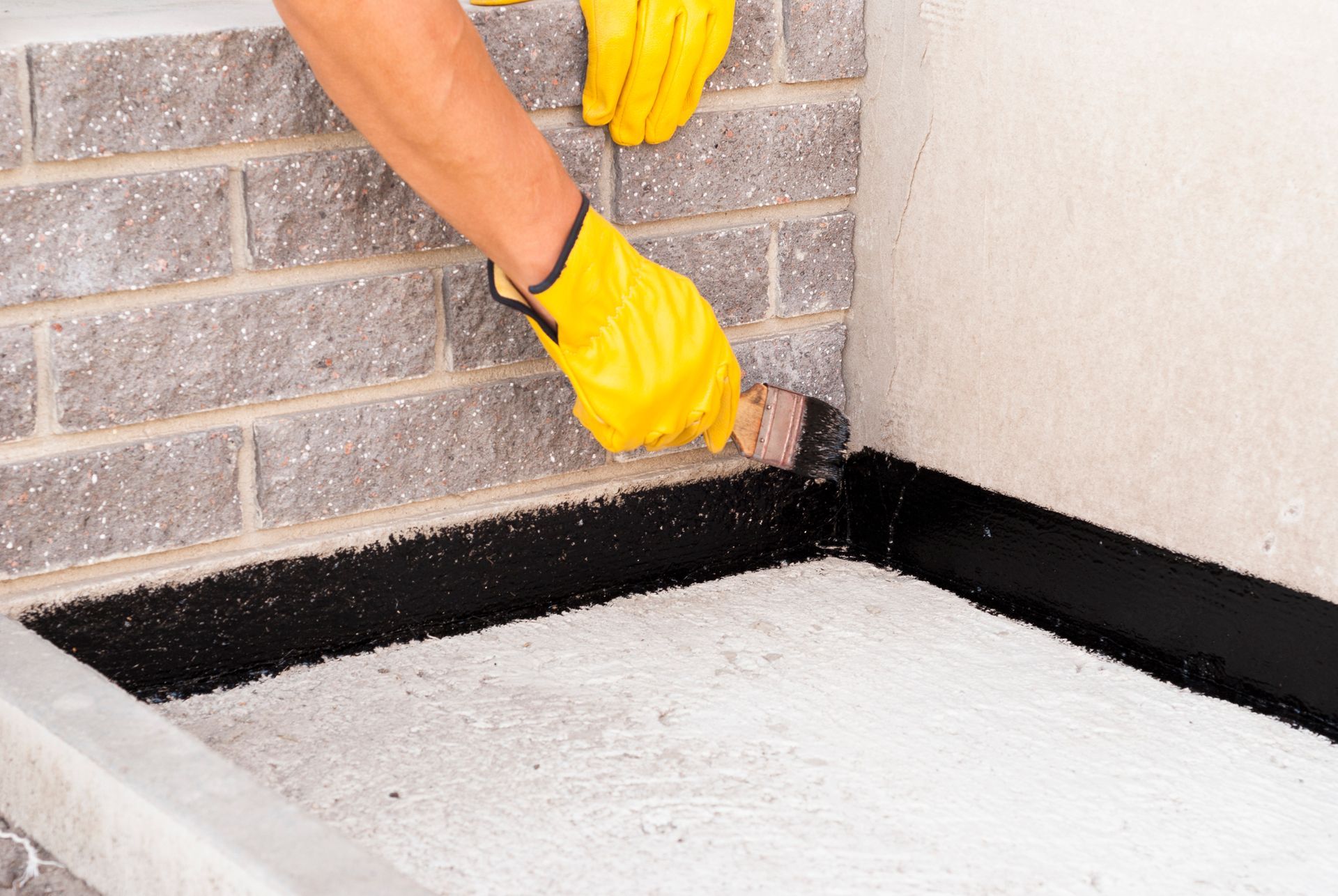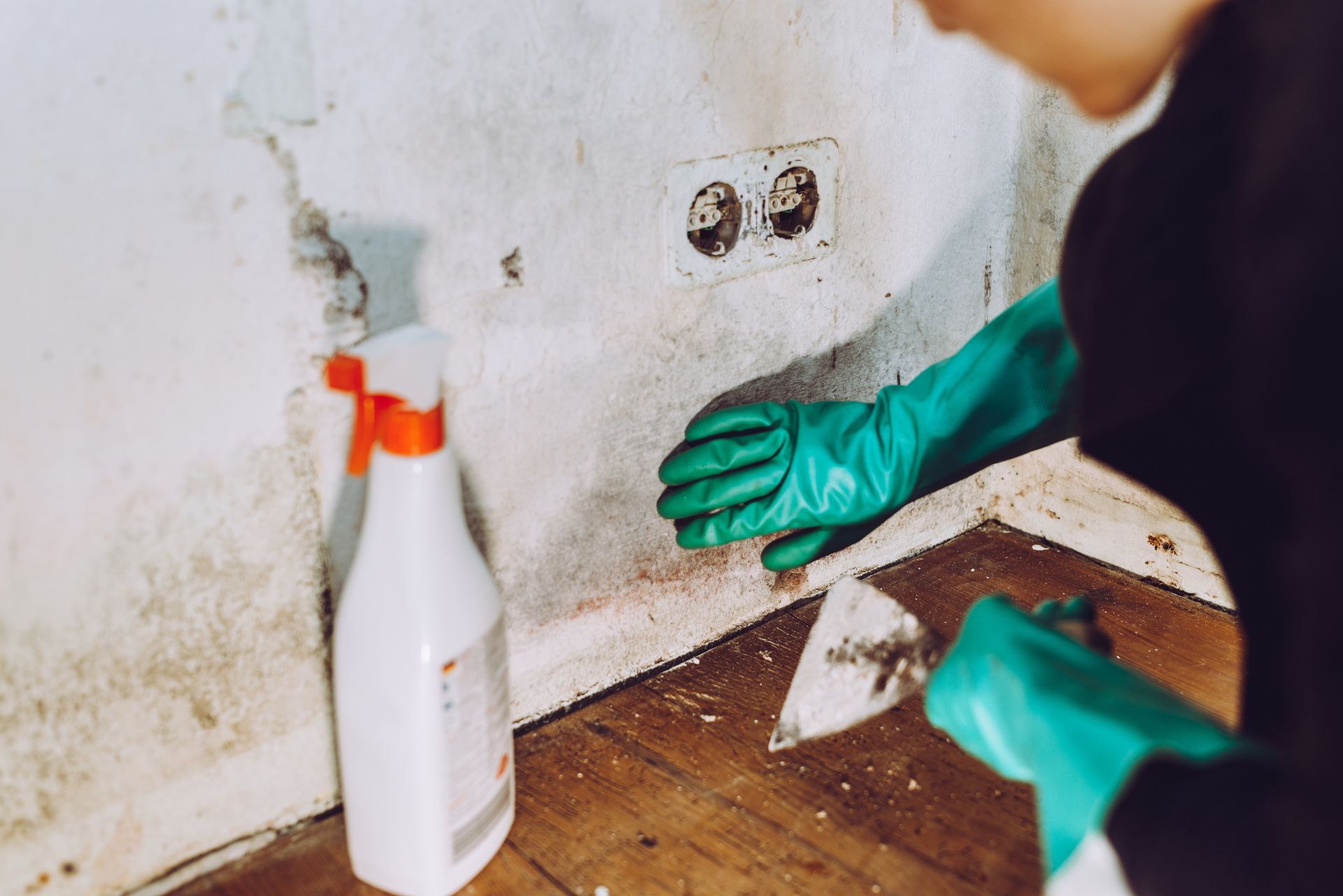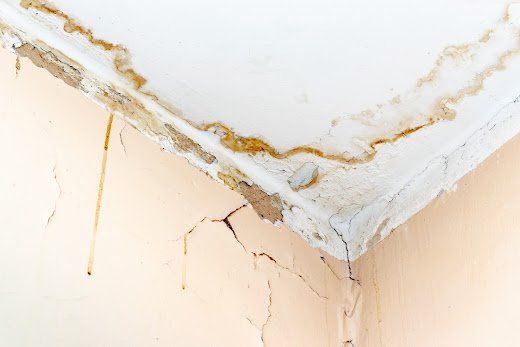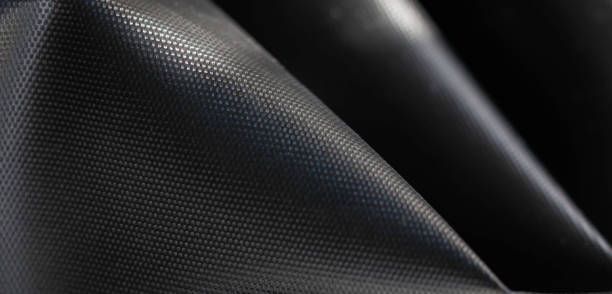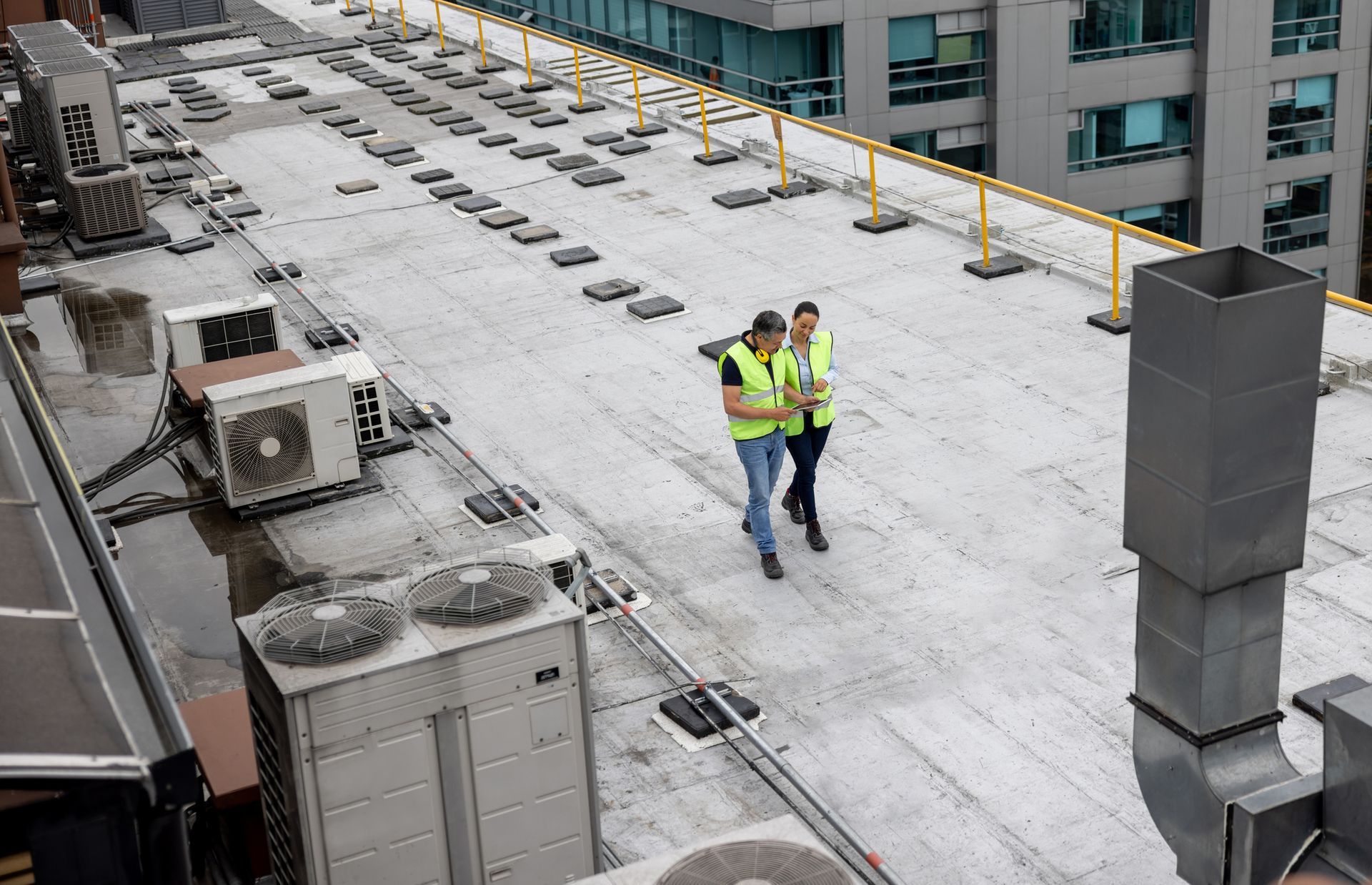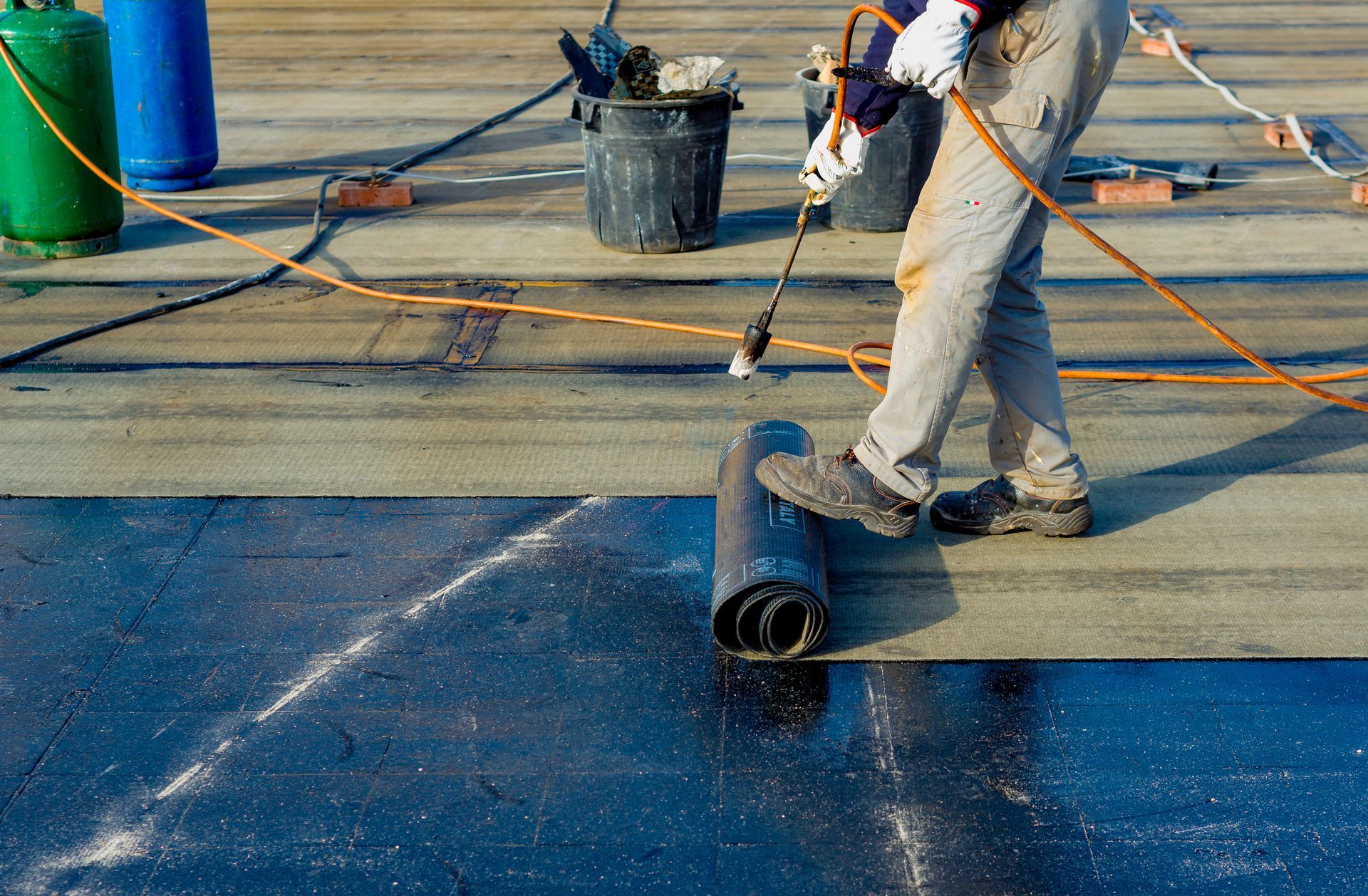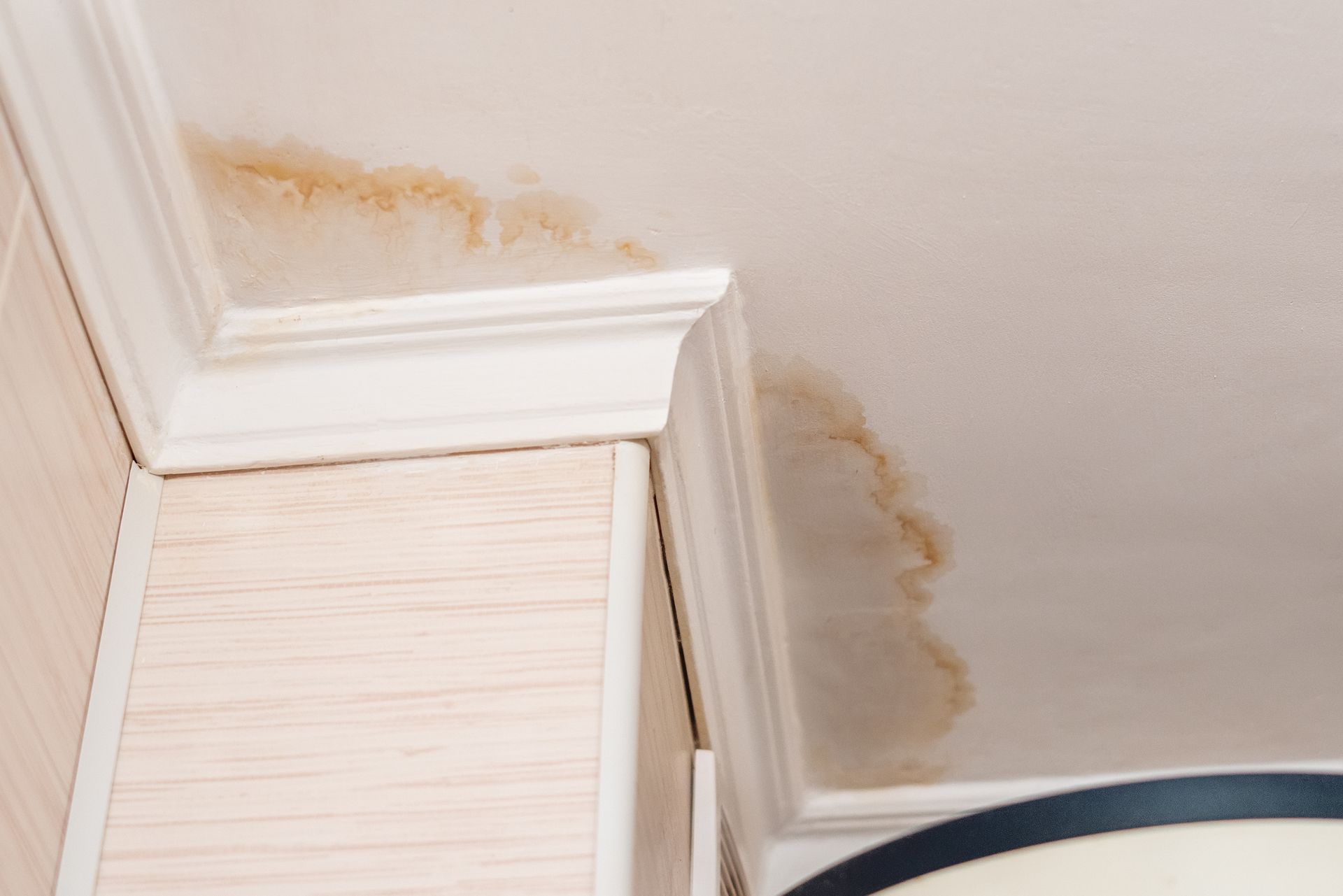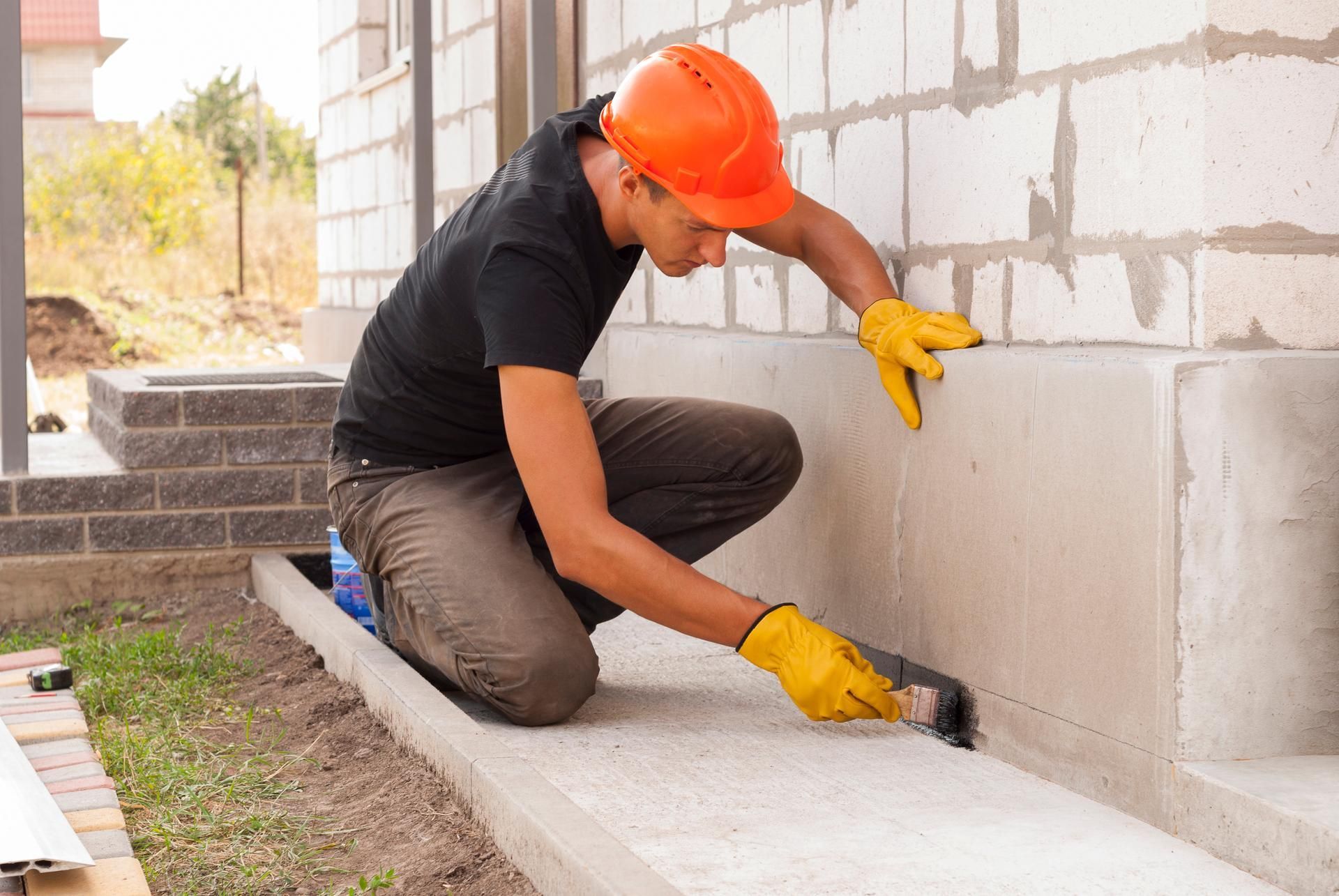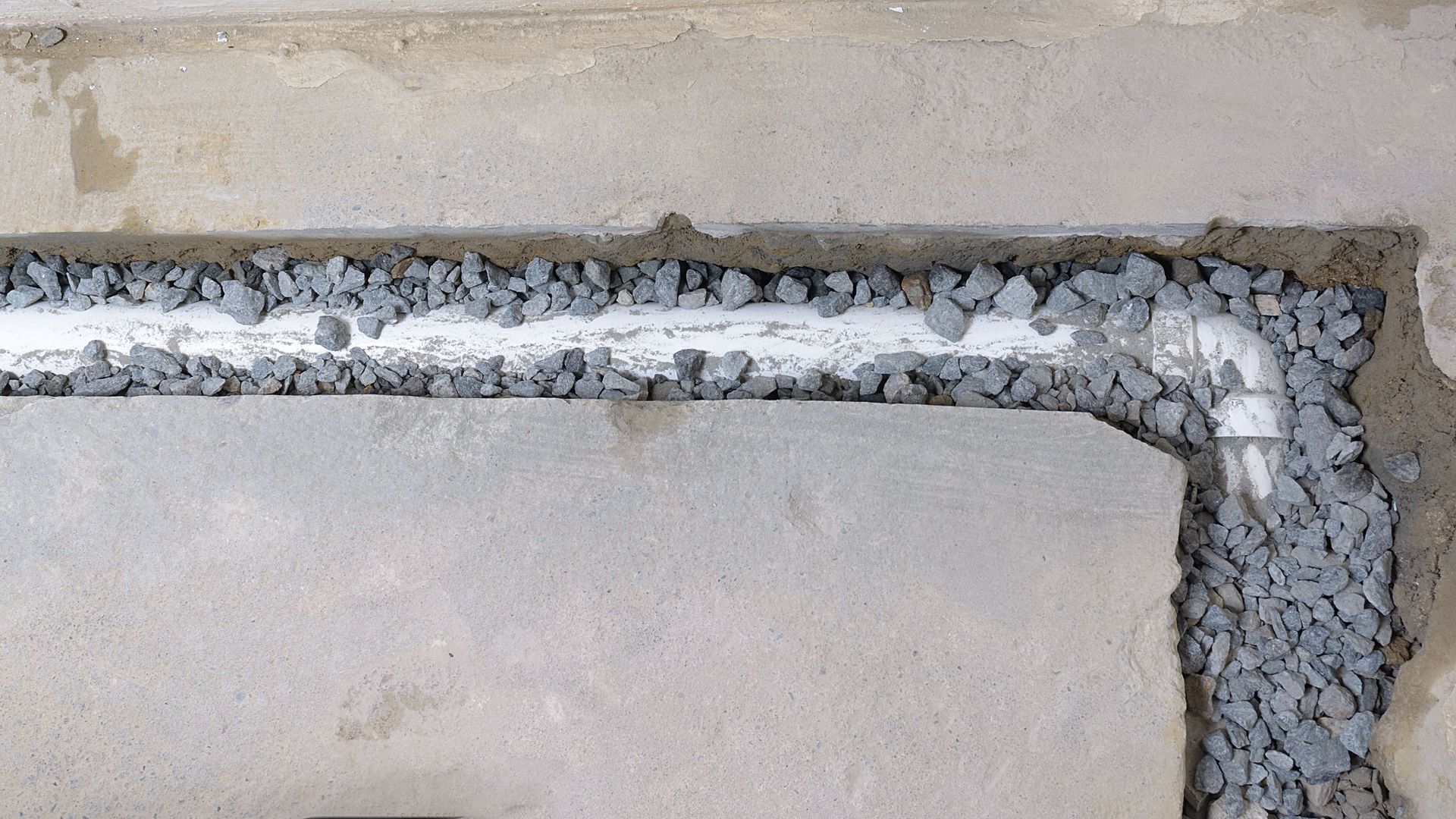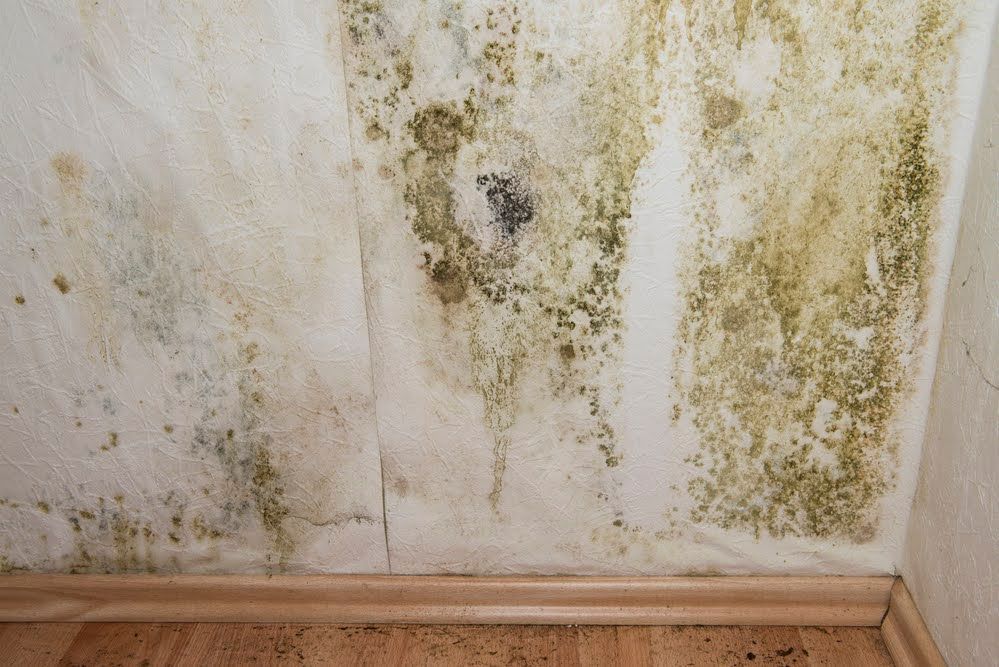4 Most Common Types of Waterproofing Materials
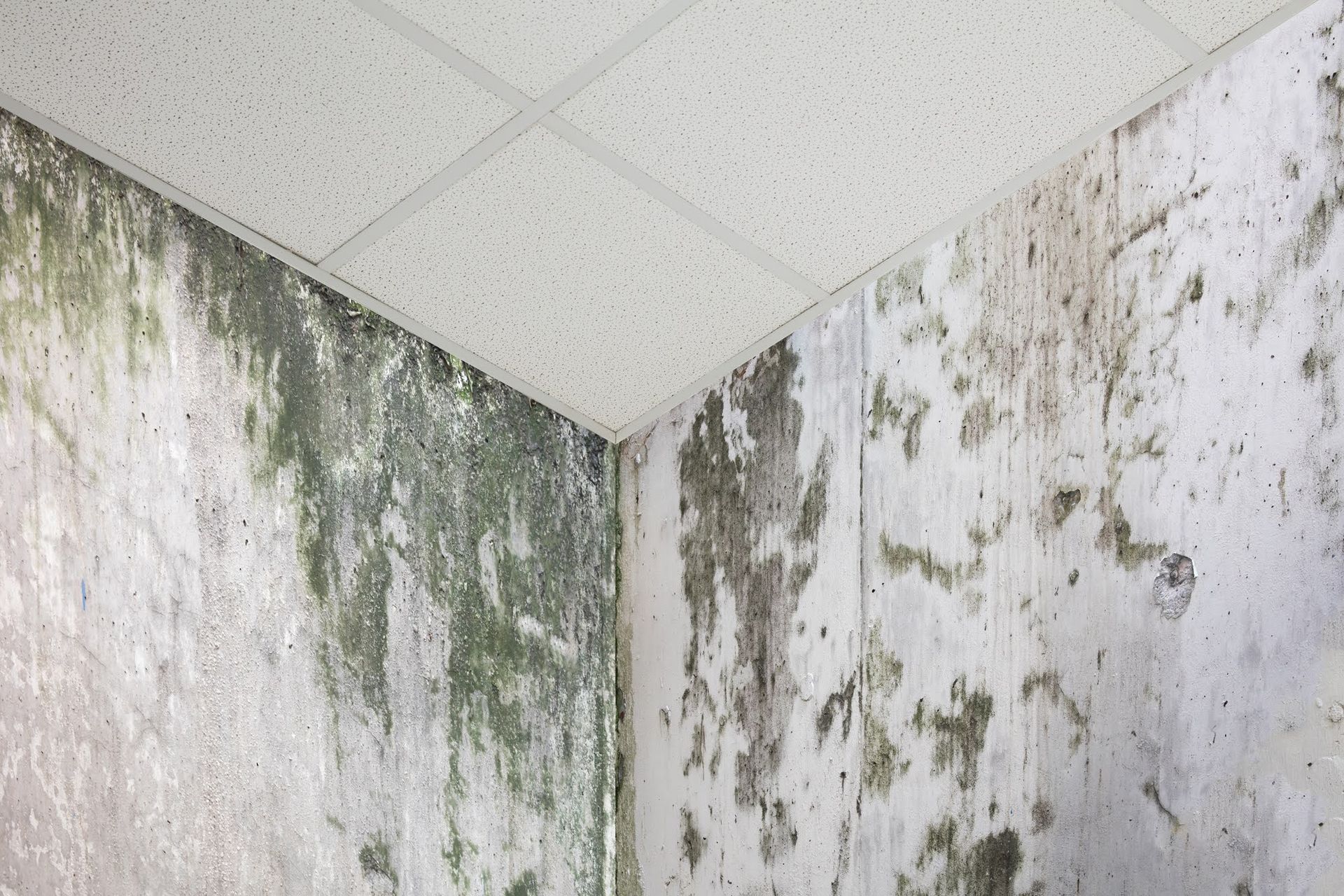
Waterproofing basements reduces the risk of structural damage and mold growth. Additionally, waterproofing enhances a home's energy efficiency, as it minimizes moisture-related issues and reduces the need for dehumidification. The first step is to choose the appropriate type of waterproofing material. Read on to discover the main types of waterproofing materials.
1. Polyurethane
Polyurethane is used as a waterproofing material due to its excellent water-resistant properties. The material forms a protective barrier that prevents water penetration.
The contractor will apply the polyurethane as a liquid, which hardens into a flexible, durable, and seamless membrane. Polyurethane adheres well to surfaces such as concrete, metal, and wood. The material's flexibility allows it to accommodate substrate movements without cracking.
Polyurethane is also highly resistant to UV radiation and weathering, ensuring long-lasting waterproofing. You can apply the material in various forms, including coatings, sealants, and membranes. Polyurethane provides reliable protection against water intrusion, preventing damage caused by leaks, moisture, and mold.
However, polyurethane is prone to cracking and peeling over time, especially in areas with high foot traffic or structural movement. This can compromise its effectiveness as a waterproofing barrier and require costly repairs or replacements.
2. Cement-Based Waterproofing Materials
Cement-based waterproofing materials can protect surfaces from water penetration. They are used in construction to create a waterproof barrier. The contractor will mix these materials with water to form a paste-like consistency. Then, they will apply the mixture onto the surface they want to waterproof, such as concrete, masonry, or even wood.
Once applied, the cement-based material forms a durable, hard layer that prevents water from seeping. It acts as a shield, keeping the surface dry and protected. However, cement-based waterproofing materials can be challenging to apply evenly, especially on complex or irregular surfaces. This can lead to inconsistent coverage and potential weak spots where water can penetrate.
3. EPDM Rubber
EPDM rubber is a versatile and popular waterproofing material. It stands for ethylene propylene diene monomer rubber. The material is a synthetic rubber that's widely used for sealing and protecting various surfaces from water damage. EPDM rubber is resistant to weathering, UV radiation, and extreme temperatures.
When used as a waterproofing material, EPDM rubber forms a durable and flexible barrier against water. EPDM rubber is easy to install and repair, making it a preferred choice for many contractors.
EPDM rubber is highly elastic, allowing it to expand and contract with temperature changes without cracking or tearing. This property ensures long-lasting waterproofing performance. It also has excellent resistance to chemicals, which makes it suitable for use in industrial and commercial settings.
However, EPDM rubber is prone to punctures and tears, which can compromise its effectiveness as a waterproofing membrane. Even small punctures can lead to water infiltration and cause leaks.
4. Bituminous Coating Membrane
A bituminous coating membrane is a type of waterproofing material commonly used in construction. The membrane consists of a mixture of bitumen, a viscous black material derived from crude oil, and other additives such as polymers or fillers. The coating is applied in liquid form and forms a seamless, flexible, and durable layer when it dries.
Bituminous coating membranes are highly resistant to UV radiation, which helps them maintain their effectiveness over time. They also exhibit good adhesion to various substrates, ensuring a strong and long-lasting bond. Additionally, you can easily repair or patch them when damaged.
However, trained professionals should apply bituminous coatings following proper installation techniques to ensure optimal performance and durability. Regular inspection and maintenance are also essential to ensure the longevity of the waterproofing system.
After choosing a suitable material, find a qualified waterproofing expert. Central Penn Waterproofing offers solutions to combat any basement waterproofing problems. Contact us now to get started.


